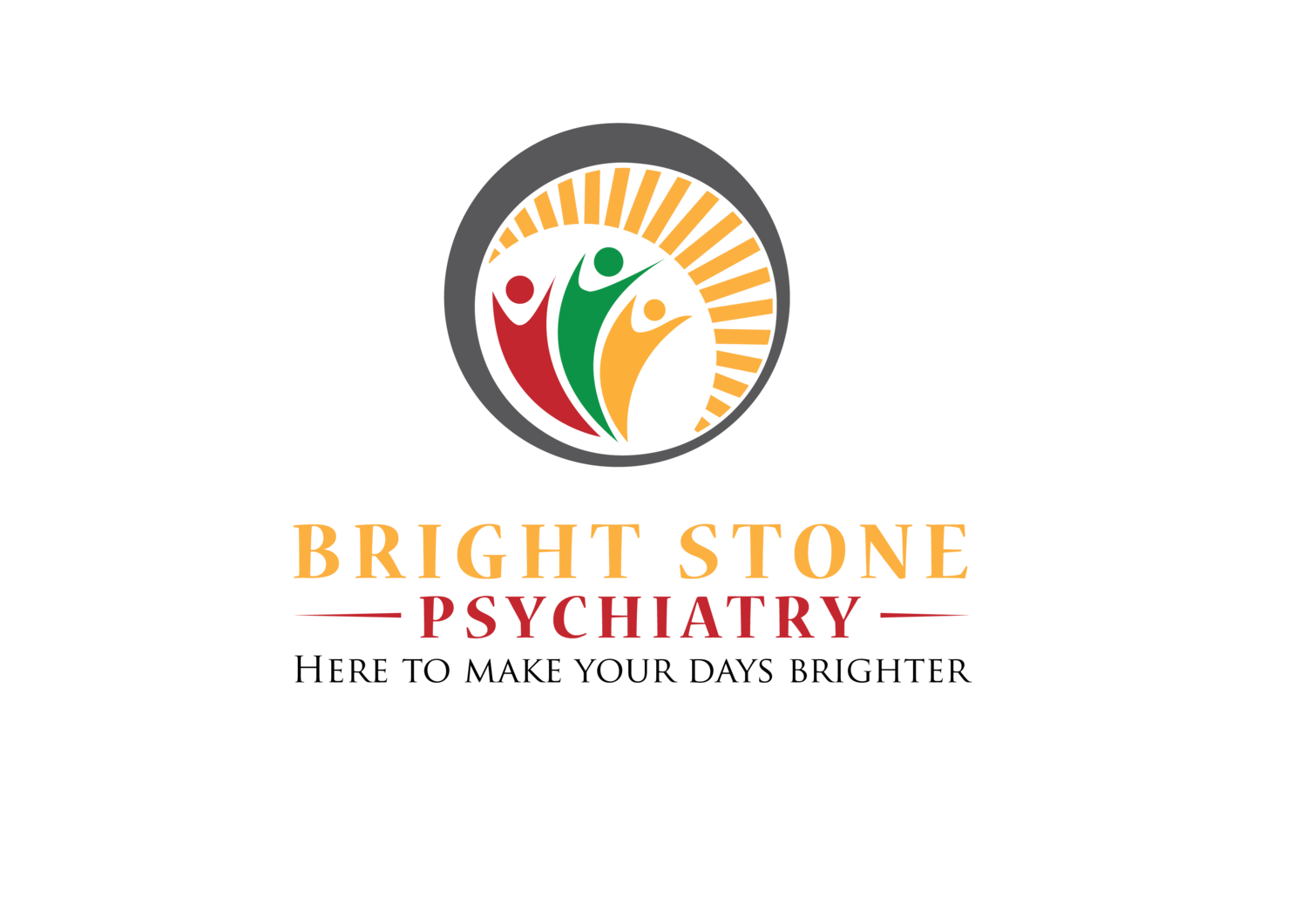Understanding Anxiety: Types, Symptoms, Treatments, and Support
Anxiety is a common mental health condition characterized by persistent and excessive worry about various aspects of life. It affects millions of people worldwide, including many residents of Minnesota, and can significantly impact daily functioning. This article aims to provide an overview of anxiety, its types, symptoms, treatments, coping strategies, and ways loved ones can offer support.
What is Anxiety?
Anxiety is a natural response to stress, but when it becomes overwhelming and interferes with daily life, it may be considered an anxiety disorder. For many people in Minnesota, as well as around the world, anxiety is not a sign of weakness but a medical condition that requires attention and care. Recognizing and addressing anxiety is essential for maintaining mental health and well-being.
We Treat Anxiety Disorders In Minnesota
Types of Anxiety Disorders
Anxiety manifests in several forms, including:
Generalized Anxiety Disorder (GAD): Characterized by chronic, excessive worry about various life aspects such as work, health, and relationships.
Panic Disorder: Involves sudden and recurrent panic attacks, which are intense episodes of fear and discomfort.
Social Anxiety Disorder: Marked by intense fear of social situations and being judged or scrutinized by others.
Specific Phobias: Involve irrational fear of specific objects or situations, such as heights, spiders, or flying.
Obsessive-Compulsive Disorder (OCD): Characterized by unwanted, recurring thoughts (obsessions) and repetitive behaviors (compulsions).
Post-Traumatic Stress Disorder (PTSD): Develops after exposure to a traumatic event, leading to severe anxiety and distressing memories.
Symptoms of Anxiety
Anxiety symptoms can vary but often include:
Excessive worrying
Restlessness or feeling on edge
Fatigue
Difficulty concentrating
Irritability
Muscle tension
Sleep disturbances
Physical symptoms like increased heart rate, sweating, and shortness of breath
Treatments for Anxiety
Effective treatments for anxiety are available and can significantly improve quality of life. These include:
Therapy: Cognitive-behavioral therapy (CBT) is particularly effective in helping individuals understand and manage their anxiety.
Medications: Antidepressants, anti-anxiety medications, and beta-blockers can help manage symptoms.
Lifestyle Changes: Regular exercise, a healthy diet, adequate sleep, and stress management techniques can reduce anxiety.
Mindfulness and Relaxation Techniques: Practices such as meditation, yoga, and deep breathing can help calm the mind.
Coping with Anxiety
Managing anxiety involves adopting healthy coping strategies, such as:
Maintaining a Routine: Structure can provide a sense of control and predictability.
Limiting Caffeine and Alcohol: Both substances can exacerbate anxiety symptoms.
Connecting with Others: Social support is crucial for mental health.
Practicing Self-Care: Engage in activities that promote relaxation and well-being.
Supporting a Loved One with Anxiety
If you have a loved one struggling with anxiety, you can support them by:
Listening and Being Present: Offer a non-judgmental ear and show empathy.
Encouraging Professional Help: Suggest seeking therapy or medical advice.
Learning About Anxiety: Educate yourself about the condition to better understand their experiences.
Being Patient: Recovery and management of anxiety take time.
We Treat Anxiety In Minnesota!
Easy Telehealth Appointments Available.
We Proudly Offer Telehealth Mental Health Services To Minneapolis, Saint Paul, Rochester, Duluth, Bloomington, Brooklyn Park, Plymouth, Eagan, Coon Rapids, Maple Grove, and the surrounding areas.
Book An Appointment By Calling 832-378-8282





